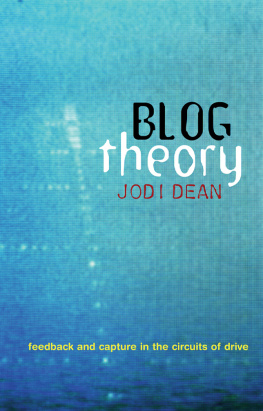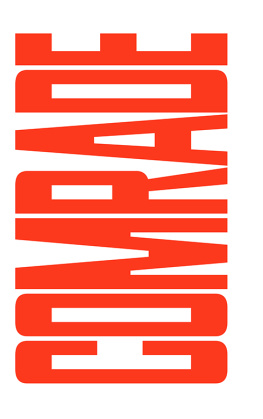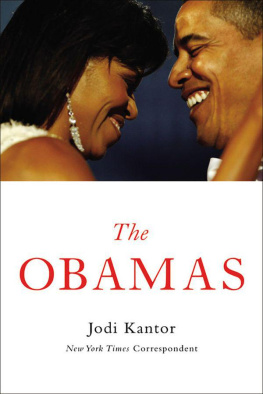IEKS POLITICS
| Routledge | Routledge |
| Taylor & Francis Group | Taylor & Francis Group |
| 711 Third Avenue | 2 Park Square |
| New York, NY 10017 | Milton Park, Abingdon |
| Oxon OX14 4RN |
2006 by Taylor & Francis Group, LLC
Routledge is an imprint of Taylor & Francis Group, an Informa business
International Standard Book Number-10: 0-415-95176-3 (Softcover) 0-415-95175-5 (Hardcover)
International Standard Book Number-13: 978-0-415-95176-0 (Softcover) 978-0-415-95175-3 (Hardcover)
No part of this book may be reprinted, reproduced, transmitted, or utilized in any form by any electronic, mechanical,
or other means, now known or hereafter invented, including photocopying, microfilming, and recording, or in
any information storage or retrieval system, without written permission from the publishers.
Trademark Notice: Product or corporate names may be trademarks or registered trademarks, and are used only for
identification and explanation without intent to infringe.
Library of Congress Cataloging-in-Publication Data
Dean, Jodi, 1962-
Zizeks politics / by Jodi Dean.
p. cm.
ISBN 0-415-95175-5 (hardcover) -- ISBN 0-415-95176-3 (pbk.)
1. iek, Slavoj. 2. Political science--Philosophy. 3. Radicalism. I. Title.
JA71.D433 2006
320.092--dc22
2006004542
Visit the Taylor & Francis Web site at
http://www.taylorandfrancis.com
and the Routledge Web site at
http://www.routledge-ny.com |
For Kian, the first
CONTENTS
| Chapter1. |
| Chapter2. |
| Chapter3. |
| Chapter4. |
| Conclusion: |
ACKNOWLEDGMENTS
Nearly a decade ago, Van Zimmermans perverse enjoyment in the oscillations between the positions of the fool and the knave incited my interest in iek. Im still not sure whether to thank Van, curse him, or recognize that in academic work one thanks those whom one has in a certain sense already cursed.
Among the accursed whove shared in my efforts to work through ieks thought are those who have taken the time to read and comment on my blog, I Cite. I was surprised and delighted to be in conversation with a variety of people from whom I likely would not have learned had my thinking been confined to the institutional settings typical of the academy. Blogging the trials and errors constitutive of thinking and writing enabled me to think with others and in so doing confront possibilities I would not have imagined alone. I am indebted to these often anonymous (or known to me only by first names or avatars) interlocutors for their daily provocations, particularly to those who engaged the posts on iek. Fortunately, some have not remained anonymous so I can thank them by name: P. E. Bird, Matt Calarco, Marc E. Goodman, Doug Johnson, Adam Kotsko, Marc Lombardo, Amish Lovelock, Peter Milat, John Reeve, Charles Rozier, Kenneth Rufo, Steven Shaviro, Hugh Thomas, Adam Thurschwell, and George Wolfe. I am also indebted to my cocontributors to the group blog, Long Sunday, and those who have joined us in discussion. A very special thanks goes to Alain Wittman, invaluable to both I Cite and Long Sunday, who has commented most helpfully on numerous portions of this book. I am uncomfortably aware of the too many places where I have not been able to do justice to his criticisms and concerns. So I thank and curse Alain for this awareness.
I thank and curse other readers who have given their time to this project, offering valuable (if unheeded) suggestions on various sections of the manuscript: Anna Creadick, Tom Dumm, Peter Fitzpatrick (and the students in his discussion group on law and social theory at Birkbeck School of Law), Bob Gooding-Williams, Bill MacNeil, Andrew Norris, and Mark Reinhardt. I am particularly indebted to Lee Quinbys generous readings of each chapter. Our continuing conversations inspire me as I find myself comforted yet mystified by Lees unending optimism.
Finally, I am indebted without reservation to the one who has endured (and likely cursed) this project on numerous levels over the years. Paul Passavant read and commented on numerous drafts of the manuscript. He listened and responded as I worked through various arguments. And, fortunately, he held onto the steering wheel of a car with threadbare tires, during a torrential downpour on the New York State Thruway, as he drove to the airport a manically vocal Slavoj iek (who was enthusiastically praising Pauls triumphal masculinity in weathering the storm).
Chapters three and four were published, respectively as iek against Democracy, Law, Culture and the Humanities (2005) 1: 154177 and iek on Law, Law and Critique (2004) 15: 124. Each has been substantially updated and revised.
Geneva, New York
February 2006
INTRODUCTION
A few years ago, I interviewed Slovenian philosopher Slavoj iek for the Abercrombie and Fitch catalog. The catalog was well known in the United States for selling clothes by featuring barely clad teenage bodies in highly charged homoerotic photographs by Bruce Weber. It also ran interviews with academics, writers, musicians, and more or less alternative celebrities. That Abercrombie wanted to feature this philosopher (who later supplied text for a particularly beautiful and risqu edition of the catalog) testifies to his near pop-star status. So do the massive crowds attending his lectures across the globe and the fact that he is the subject of a feature length documentary film directed by Astra Taylor. Be that as it may, when I told iek that I would show him the interview in advance, he cheerily replied, Oh thats not necessary. Whatever I say, you can make me say the opposite!
iek is not an analytically formal or traditional political philosopher. What Ernesto Laclau says of ieks early tour de force, The Sublime Object of Ideology , also applies to ieks work more generally: rather than a systematic structure in which an argument is developed according to a predetermined plan, iek provides a series of theoretical interventions which shed mutual light on each other, not in terms of the progression of the argument, but in terms of what we could call the reiteration of the latter in different discursive contexts. iek might begin an article or book chapter with a question or observation, something along the lines of have you ever noticed the difference between French, German, and British toilets? He will offer an explanation for the difference and then he might suggest a second explanation that is diametrically opposed to the first one. He will likely conclude by observing how the first and second explanations are two sides of the same coin, how in these two seemingly opposed interpretations we in fact encounter a certain unity. Saying the opposite can be just another way of saying the same thingif we push the idea far enough.
After undertaking such a dialectical reversal or confronting a parallax gap iek may, in what appears at first glance to be a rather stunning non sequitur, turn to a Hitchcock film (a discussion of Vertigo appears in almost every one of his books) or perhaps to an idea first developed by the French psychoanalytic philosopher Jacques Lacan. Yet these moves are not arbitrary jumps. They are, in fact, extensions of the initial idea into a different domain, a domain that may have previously seemed clear, a domain that iek now shows to contain an unsettling paradox, an excess that our previous understanding cannot account for.














